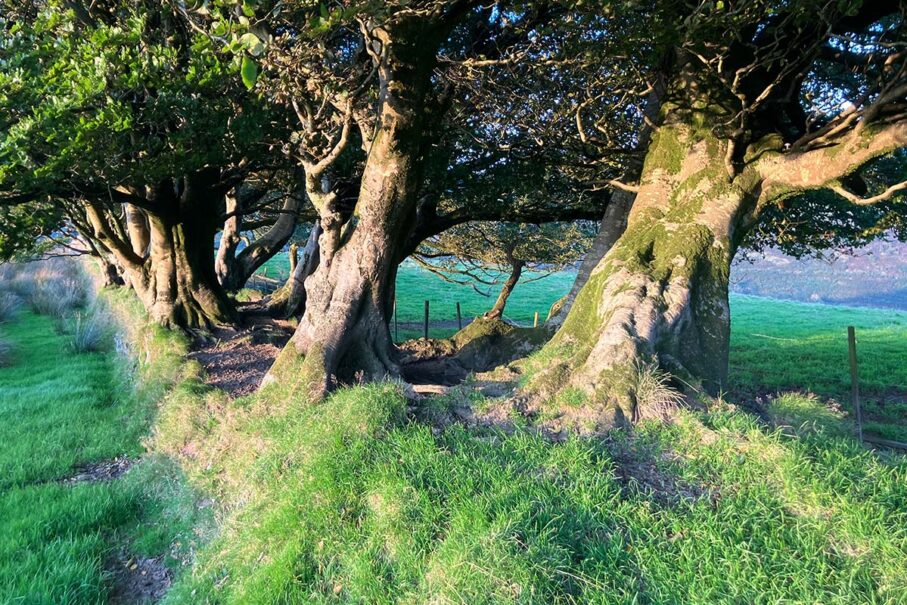
Corylus Ecology has experienced ecologists available to assist with numerous other ecological services, including shadow Habitat Regulations Assessments (sHRA), Ecology Chapters to support Environmental Impact Assessment (EIA), Ecological Clerk of Works (ECoW), and species translocations, to name but a few.
Below are several examples of some of the other services we offer.
Please do give us a call if you would like to discuss what other ecological services Corylus Ecology could assist you with on your project.
Shadow Habitat Regulations Assessments (sHRA)
Shadow Habitat Regulations Assessments (sHRA)
Where proposed developments have the potential to result in likely significant effects on internationally designated sites (e.g. Special Protection Areas (SPA), Special Areas of Conservation (SAC) and Ramsar sites) or their qualifying features, we can assess the effects and inform the Local Planning Authority (LPA) via sHRA Screening and Appropriate Assessment reports.
Corylus Ecology has experience in both the gathering and assimilation of desk-based information and of undertaking protected species surveys to establish if qualifying features (e.g. wintering/breeding waterfowl) are likely to be impacted by the outputs of the proposed scheme.
By engaging us early on in the design process, we can help to shape the final plans and recommend measures to help avoid or minimise impacts on the qualifying features, to ensure that the integrity of the protected site is maintained and that the necessary planning consents can be granted.
Ecology Chapters for EIA
Ecology Chapters for EIA
An Environmental Impact Assessment (EIA) is a process undertaken to ensure that likely significant effects of certain projects are taken into consideration and assessed prior to a decision being made on whether a proposal should be allowed to proceed.
One of the main stages of the EIA is the preparation of an Environmental Statement (ES) which comprises a number of separate chapters on different environmental topics one of which is Ecology.
Corylus Ecology has written many Ecology Chapters in support of ES for a variety of projects from large housing development to infrastructure projects.
Expert Witness
Expert Witness
Where development proposals require evidence and advice on ecological matters in legal proceedings, an expert witness in ecology can be called upon. Expert witnesses can be required for Public Inquiries, planning appeals and court cases.
Corylus Ecology has acted as an expert witness on ecology issues for a number of Public Inquiries and planning appeal hearings. We have provided expert witness advice to a number of clients from varying sectors and have worked with solicitors and chambers.
Species translocations
Species translocations
Where the scheme design cannot be altered to avoid impacts on a habitat that supports protected species, translocation might be a suitable mitigation option.
At Corylus Ecology we have implemented numerous species translocations, from common reptile species to great crested newts and even orchids. For European Protected Species (EPS) this is often carried out as part of EPS mitigation licences, whilst for common reptiles the measures would be detailed in a mitigation strategy.
Translocated animals are captured following best practise methods and moved to a secure habitat which has been suitably enhanced. We also implement monitoring of the translocated population to establish if the mitigation has worked, or if any further measures are needed (e.g. habitat management changes).
Ecological Clerk of Works (ECoW)
Ecological Clerk of Works (ECoW)
ECoWs are typically needed when works on-site commence to ensure that legislation is not breached and that protected species and habitats are suitably protected. ECoWs provide toolbox talks to inform the site personnel about the presence of protected wildlife, in addition to any sensitive ways of work that need to be implemented. They will often monitor the site clearance operations, and intercept any protected species found to enable works on site to progress.
Our ecologists are all suitably experienced in acting as ECoW within varied habitats for multiple protected species and hold Construction Skills Certificate Scheme (CSCS) accreditation.






